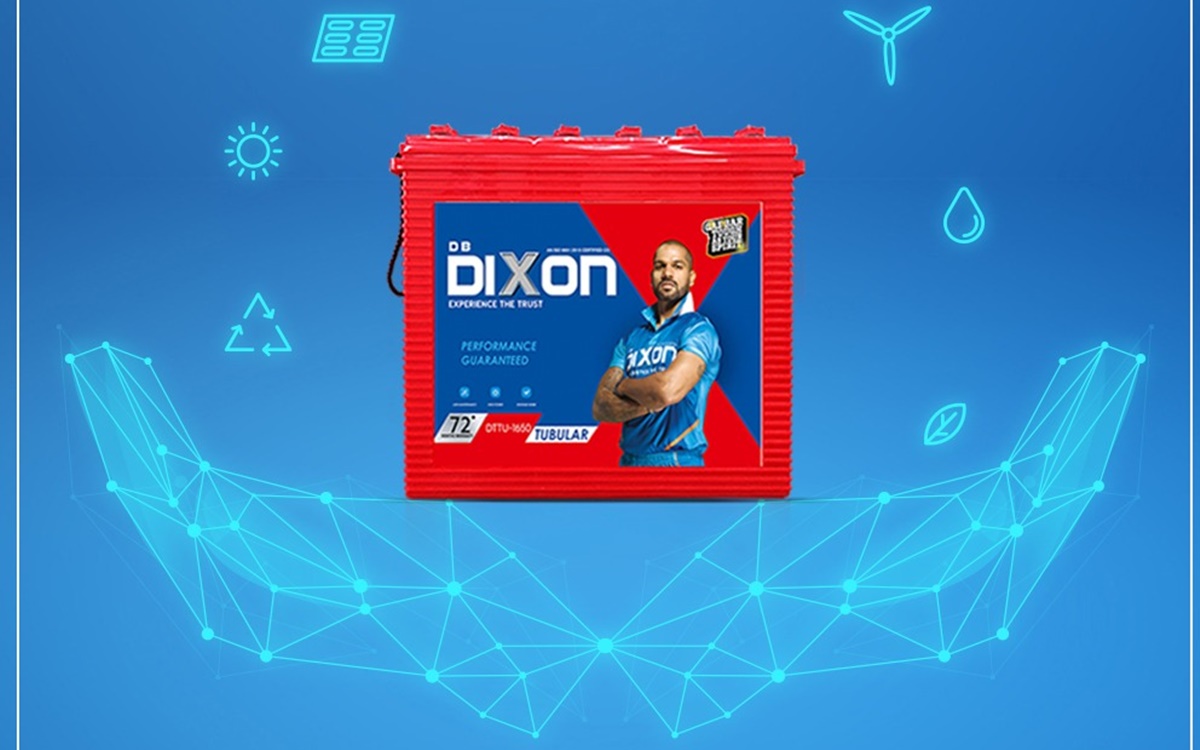Electric vehicles are becoming increasingly popular as they are eco-friendly, cost-efficient, and provide a comfortable ride. E-rickshaws are one such electric vehicle that is gaining popularity in many cities across the world. These vehicles are powered by batteries and are used for short distance transportation, mainly in urban areas. As a leading battery manufacturer, DB Dixon is committed to providing reliable and high-quality batteries for e-rickshaw. In this blog, we will discuss the basics of e-rickshaw batteries, and how they work.
What are E-rickshaw Batteries?
E-rickshaw batteries are rechargeable batteries that power the electric motor and run all the electrical systems in the vehicle. There are two main types of batteries used in e-rickshaws: lead-acid batteries and lithium-ion batteries. Lead-acid batteries are the most common type of battery used in e-rickshaws, as they are affordable and have a long lifespan. Lithium-ion batteries are also used in e-rickshaws, but they have a higher energy density but are more expensive than lead-acid batteries.
Capacity of an E-rickshaw Battery?
The battery capacity is measured in ampere-hours (Ah), which indicates how much energy the battery can store. The higher the battery capacity, the longer the e-rickshaw can run on a single charge. For example, a 100Ah battery can provide enough energy to run an e-rickshaw for approximately 80-100 kilometres on a single charge.
Charging time for E-rickshaw Batteries and its methods?
The charging time for e-rickshaw batteries varies depending on the type of battery and the charging method. Lead-acid batteries usually take 8-10 hours to fully charge.
E-rickshaw batteries can be charged using two methods:
-slow charging
-fast charging.
Slow charging is the most common method used, which involves using a charger that is connected to a power source to slowly charge the battery over a period of time. Fast charging, on the other hand, uses a high-powered charger to quickly charge the battery in a short period of time.
Maintenance of E-rickshaw batteries?
Proper maintenance and care of e-rickshaw batteries are crucial to ensure optimal performance and longevity. Some basic maintenance practices include checking the battery water levels, ensuring proper ventilation, cleaning the battery terminals, and regularly charging the battery. It is important to follow the manufacturer’s instructions for maintenance and charging to avoid damaging the battery.
As a leading battery manufacturer, DB Dixon is committed to providing high-quality batteries for e-rickshaw manufacturers. Our batteries are designed to provide reliable performance, long lifespan, and cost-efficiency. We offer a range of batteries to suit the specific requirements of e-rickshaw manufacturers, including lead-acid and lithium-ion batteries with different capacities.
In conclusion, e-rickshaw batteries are an essential component of electric rickshaws. They provide the energy required to power the electric motor and run all the electrical systems in the vehicle. Understanding the basics of e-rickshaw batteries, including the different types, capacity, charging time, and maintenance practices, is important for e-rickshaw manufacturers and battery manufacturers. DB Dixon is committed to providing high-quality batteries that meet the specific requirements of e-rickshaw manufacturers. With our reliable and cost-efficient batteries, we aim to contribute towards a greener and more sustainable future.
